Inflammatory Markers May Predict Frailty After Chemotherapy
Certain inflammatory markers may be associated with a chemotherapy-induced decline in frailty status among older patients receiving adjuvant chemotherapy for breast cancer, according to study results published in Journal of Clinical Oncology.
Mina S. Sedrak, MD, MS, from the Center for Cancer and Aging at City of Hope Comprehensive Cancer Center and colleagues initiated the Hurria Older Patients with Breast Cancer Study to determine whether inflammation correlated with post-chemotherapy declines in frailty status among patients with breast cancer 65 years or older.
The study included data from 295 robust women with stage I-III breast cancer. The majority (82%) underwent surgical excision prior to chemotherapy.
Sedrak and colleagues took account of racial, educational, and socioeconomic factors among the cohort. In total, 82% of participants identified as non-Hispanic white, 10.8% identified as Black, and 7.1% fell into other racial categories.
A chemotherapy-induced decline in frailty status was observed in 25.8% of the cohort (n = 76).
The researchers did not observe a significant difference in age, race, education, employment status, surgical or chemotherapy regimen, or tumor markers among newly frail and clinically fit patients.
Significant predictive markers for post-chemotherapy frailty included higher body-mass index (P = .006), comorbidities (P < .001), and stage II or stage III disease (P = .04).
Higher baseline levels of IL-6 and C-reactive protein were also significantly associated with post-chemotherapy frailty.
The researchers observed that 65.8% of newly frail patients had high IL-6 levels at baseline, and 63.2% had high baseline levels of C-reactive protein.
A higher percentage of frail patients had elevated levels of both inflammatory markers at baseline than patients who remained clinically fit (46.1% vs 25.6%).
Elevated levels of both IL-6 and C-reactive protein at baseline were associated with a threefold increase in the likelihood of developing post-chemotherapy frailty, according to researchers.
They showed that elevated inflammatory markers correlated with an increased likelihood of frailty regardless of other confounding factors when compared with low levels of IL-6 and C-reactive protein.
“Our findings provide novel insight into the biologic processes of aging that predict tolerance of cancer treatment and form a foundation for further work to appraise inflammatory biomarkers as a novel tool to guide treatment decisions. Further research is needed to evaluate the clinical utility of inflammatory biomarkers in identifying older adults most at risk of clinical decline before initiation of chemotherapy,” Sedrak and colleagues concluded.
--
Reference:
https://ascopubs.org/doi/10.1200/JCO.22.01217
Disclosures: Sedrak declared financial ties to drugmakers. See full study for details.
Photo Credit: Getty Images.
By Cameron Kelsall, MD /alert Contributor
.jpg)




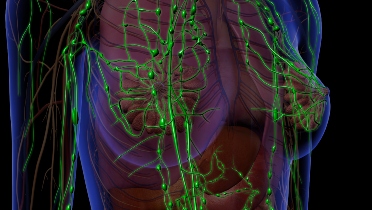
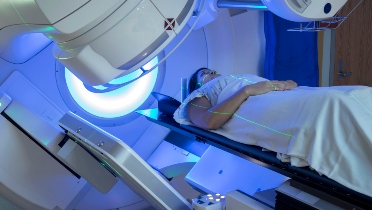

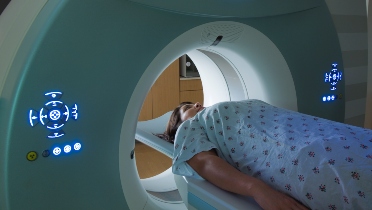
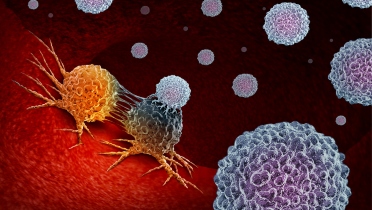



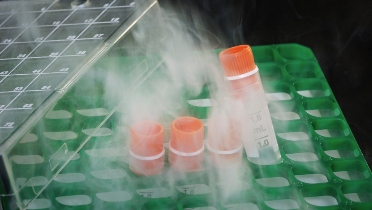



.jpg)
.jpg)
.jpg)
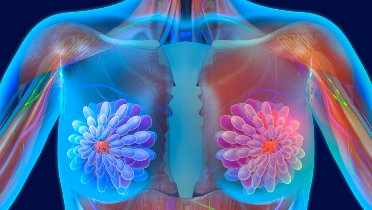
.jpg)

.jpg)
.jpg)
.jpg)
.jpg)

.jpg)
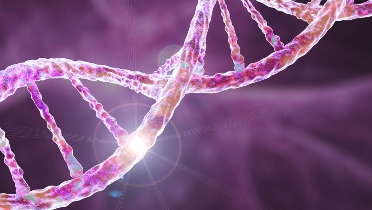
.jpg)
.jpg)
.jpg)
.jpg)
.jpg)
.jpg)
.jpg)
.jpg)
.jpg)
.jpg)
.jpg)
.jpg)

.jpg)
.jpg)
.jpg)
.jpg)

.jpg)
.jpg)

.jpg)
.jpg)
.jpg)
.jpg)
.jpg)
.jpg)
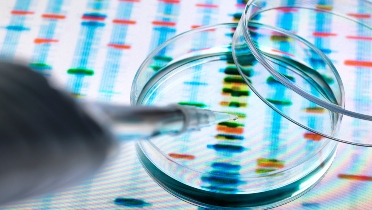
.jpg)
.jpg)
.jpg)
.jpg)
.jpg)
.jpg)

.jpg)
.jpg)
.jpg)
.jpg)
.jpg)
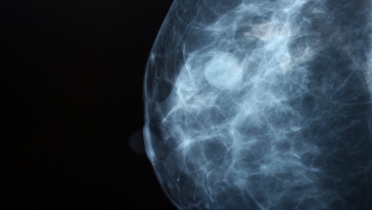

.jpg)
.jpg)
.jpg)
.jpg)
.jpg)
.jpg)
.jpg)
.jpg)

.jpg)
.jpg)

.jpg)
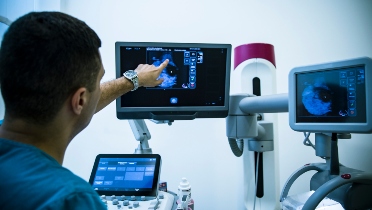


.jpg)
.jpg)
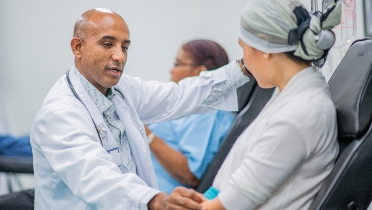
.jpg)
.jpg)

.jpg)
.jpg)
.jpg)
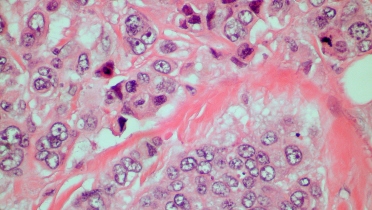
.jpg)

.jpg)
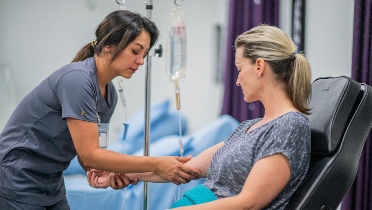
.jpg)
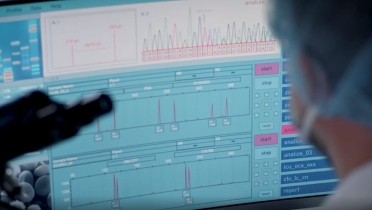
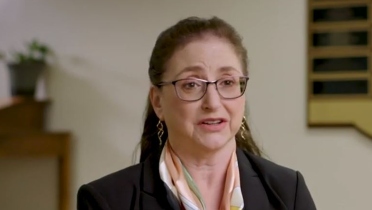
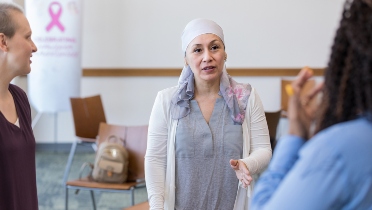

.jpg)
.jpg)


_.jpg)
.jpg)
.jpg)
.jpg)
.jpg)
.jpg)
.jpg)
.jpg)

.jpg)
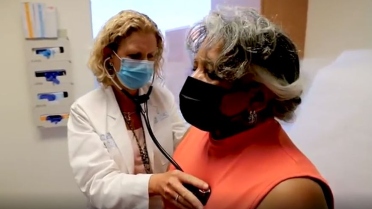


.jpg)
.jpg)
.jpg)
.jpg)
 Featured Breast Cancer Videos
Featured Breast Cancer Videos.jpg)